Iran nuclear chief urges IAEA to uphold impartiality, refrain from provocations
The head of the Atomic Energy Organization of Iran (AEOI) urges the United Nations nuclear agency’s Director General Rafael Grossi to preserve the body’s impartiality by taking other parties’ non-commitment to their obligations towards the Islamic Republic into account.
“This international institution has to preserve its impartiality and adopt a professional behavior,” Mohammad Eslami said in Tehran on Wednesday following a weekly meeting of the Iranian cabinet, referring to the International Atomic Energy Agency (IAEA).
“It is not acceptable for an international institution to address just one aspect of the issue, in a provocative manner at that, and refuse to point to the main aspect, which is the obligated parties’ non-commitment,” he said.
“We expect the agency’s director-general, who is a veteran diplomat, to observe these matters,” Eslami noted.
The remarks came after Grossi told the Italian news agency ANSA that Iran had “developed much stronger capabilities” regarding various aspects of its nuclear energy program, alleging, “It (the Islamic Republic) has uranium at 60% — 90% is military grade.”
He went as far as claiming that the Islamic Republic “is thus practically at the same level as nuclear-armed states.”
Back in 2018, the Islamic Republic resorted to a number of legitimate retaliatory measures in line with its entitlement under its 2015 nuclear agreement with world powers.
The steps came in response to the United States' unilateral and illegal withdrawal from the deal and its Western allies’ refusal to restore the deal to its former glory by bringing Washington back into the accord.
Tehran took the measures after a drawn-out hiatus, during which it allowed the parties to the deal to walk back their unconstructive steps.
Last month, the US and its allies pushed the IAEA’s Board of Governors into passing a resolution, which repeated the Western countries’ unfounded accusation against the Islamic Republic of insufficient cooperation with the IAEA. The accusation comes although Tehran's cooperation with the body has increased in frequency and quality over the past years.
Grossi also said, “The philosophy of the original accord with Iran can be used, but that agreement is no longer useful.”
Eslami concluded his remarks by noting that the UN Security Council was about to carry out its biannual examination of its Resolution 2231 that endorsed the nuclear deal in 2015.
“This resolution is of two parts, which address acceptance of [certain] restrictions on the part of Iran towards building up trust in exchange for elimination of the [illegal] sanctions [that have been imposed on the country] and implementation of the other parties’ commitments.”
The official urged the parties to live up to their contractual commitments and remove the sanctions.
North Korea warns of 'terrible response' to drone incursions from South
Whistleblowers: CPJ scrapped 'impunity index' to shield Israel
Trump creating conditions that may lead to 'good deal' with Iran: Netanyahu
VIDEO | Netanyahu fails to dissuade Trump from Iran talks
Iran puts ‘Jam‑e Jam 1’ into orbit in milestone for national broadcasting
‘Colonial eradication of Palestine’: Iran condemns Israel’s West Bank annexation push
Thousands block Melbourne as Israeli president ends contentious Australia visit
Nearly 800 Lufthansa flights cancelled as pilots, cabin crew strike


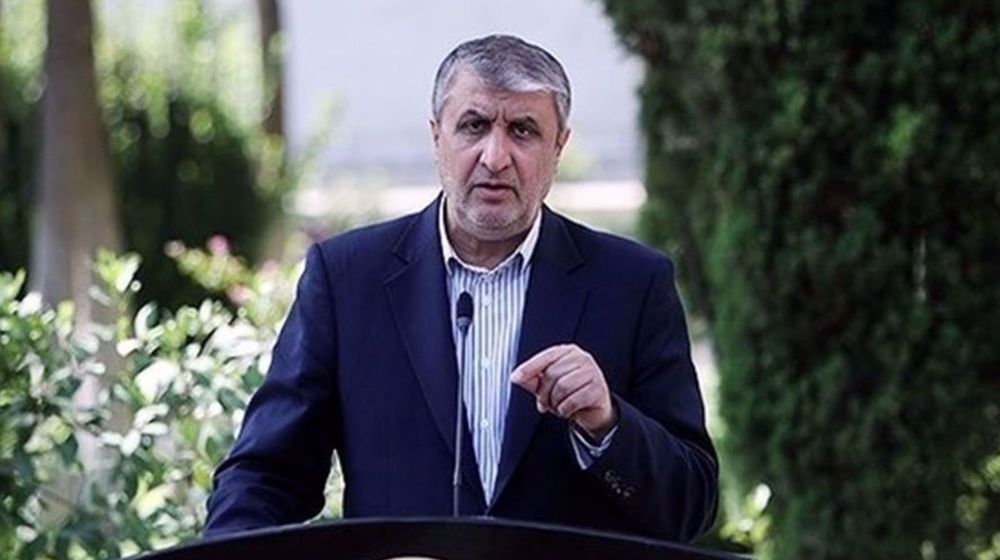
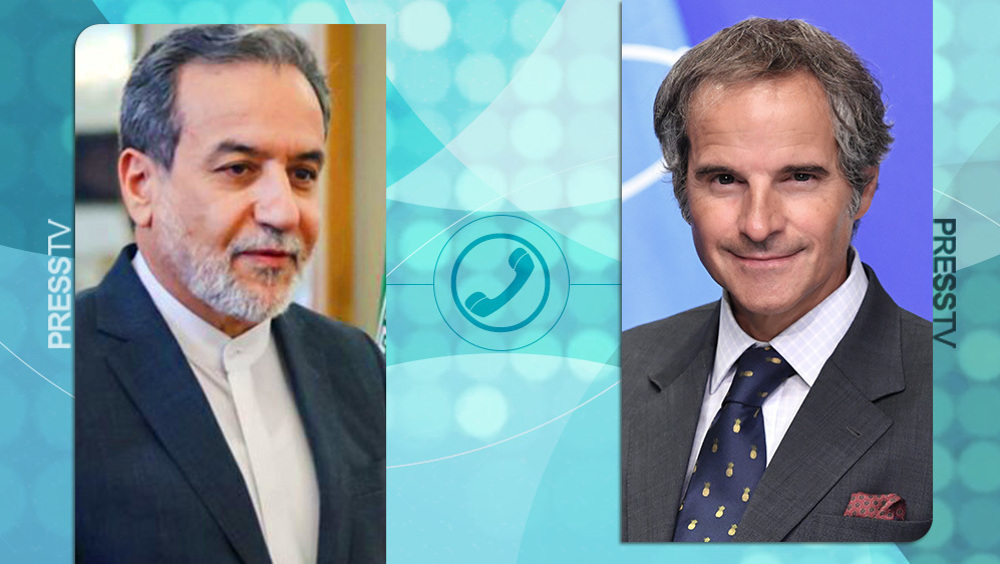
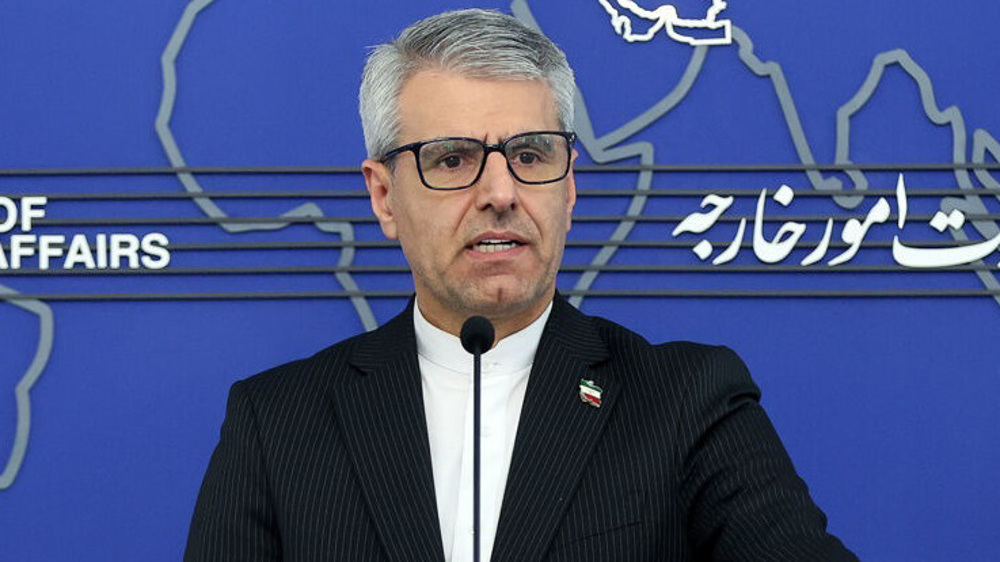
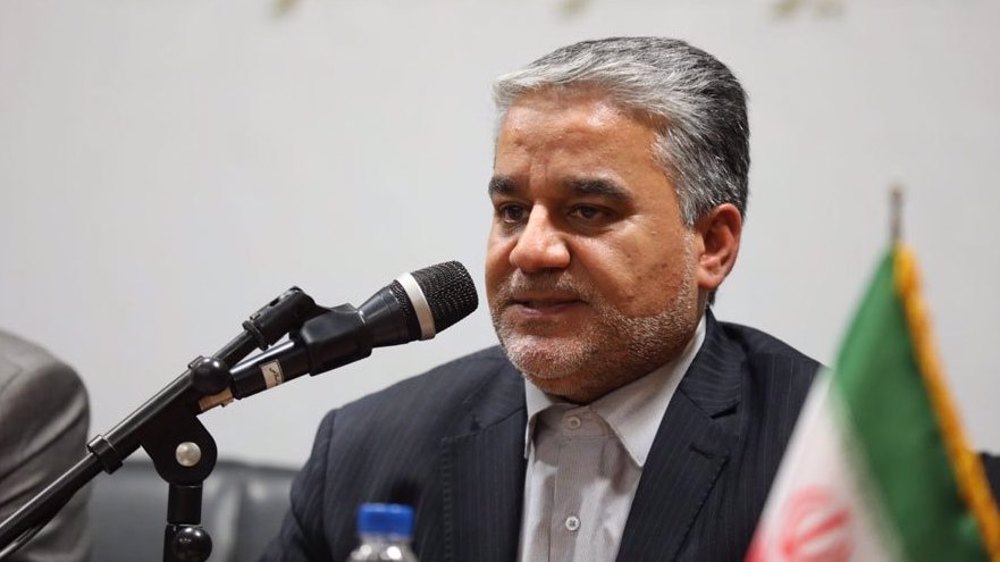
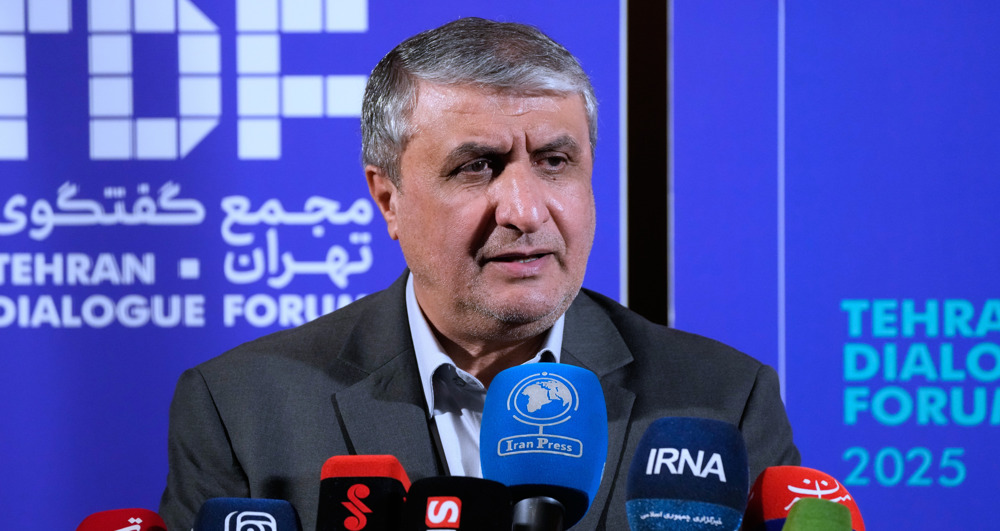



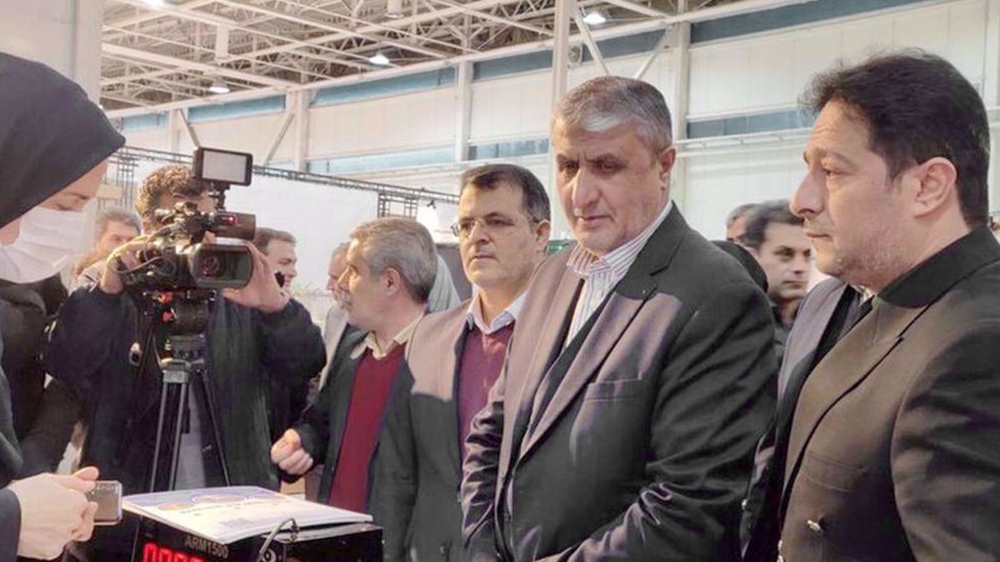
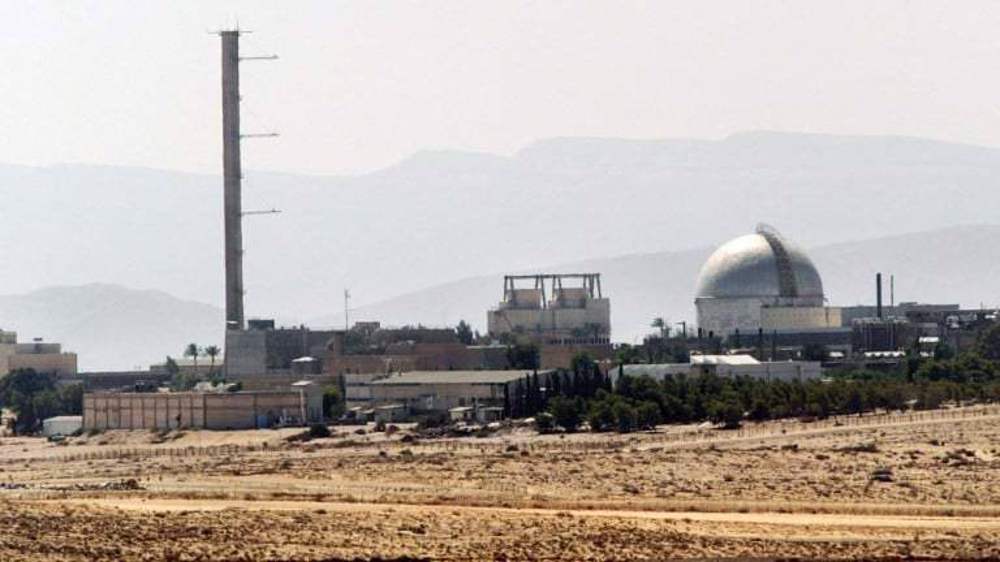
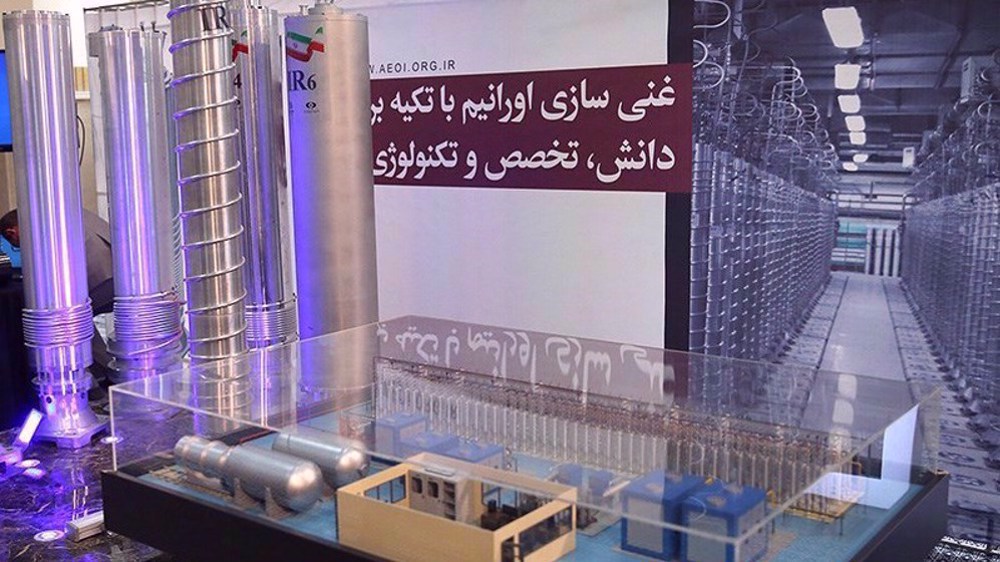

 This makes it easy to access the Press TV website
This makes it easy to access the Press TV website